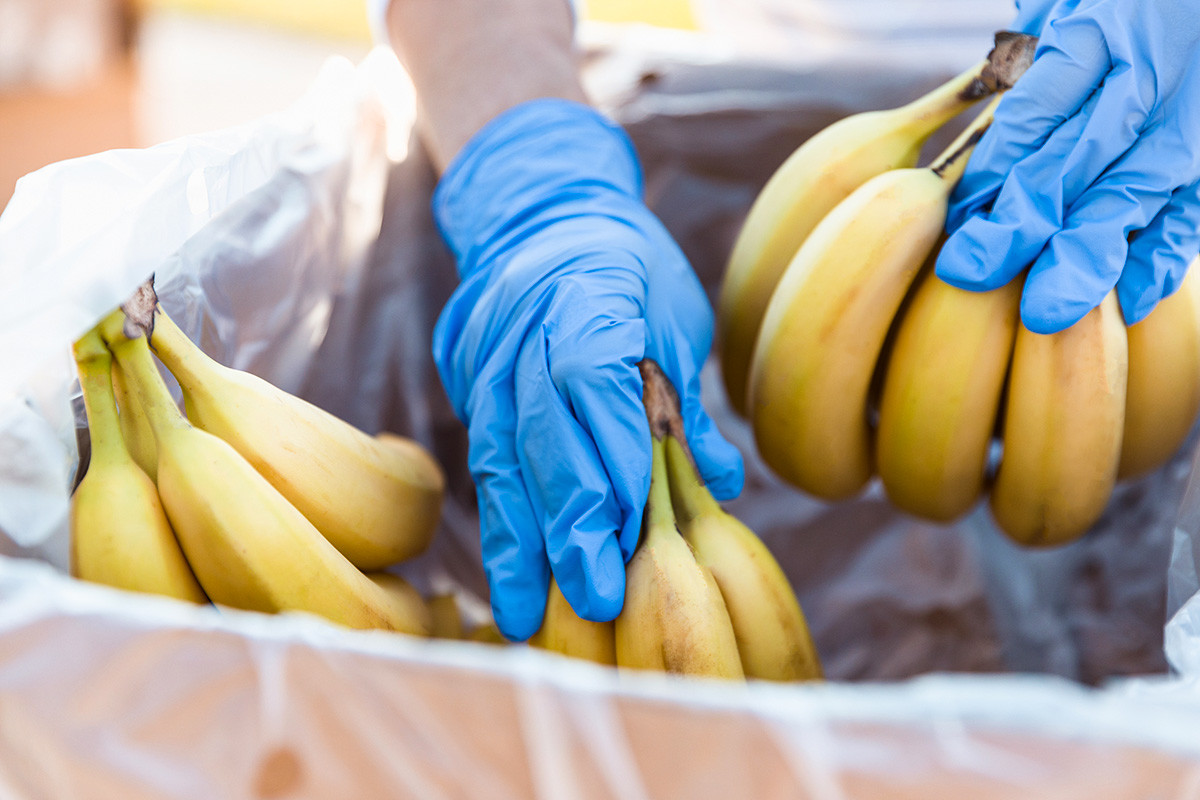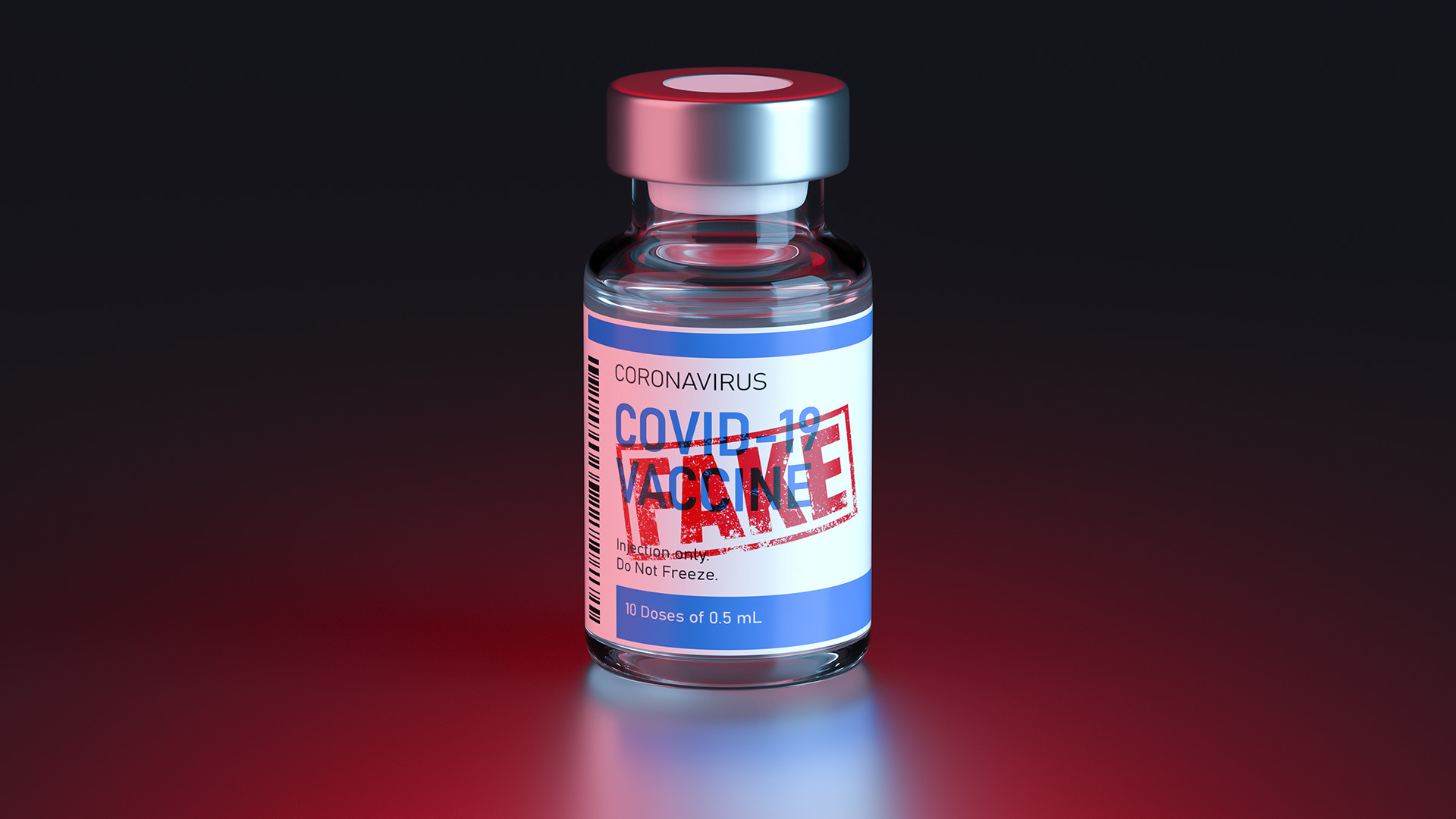Vodka as a remedy against coronavirus, face masks infested with nano-worms and microchipping via vaccination – these are far from all the conspiracy theories about Covid-19 that some Russians believe in, unfortunately.
Russia’s Yandex.Q search service, together with experts from the Russian Academy of National Economy under the President of the Russian Federation (RANEPA) and the Center for Interdisciplinary Research of Human Potential, a world-class scientific facility, have identified the main rumors circulating about coronavirus.
The researchers have analyzed more than six million fake social media posts and reposts shared by Russian users between the beginning of 2020 and mid-May 2021 and here are the popular conspiracy theories they have identified.
- In February 2020, users on social media and instant messaging services began sharing an instruction from a fictional Russian doctor named Yury Klimov, who allegedly had been working in a hospital in Shenzhen and was later transferred to Wuhan to study the virus, where he – reportedly - had learnt how to beat the coronavirus. The posts claimed that the virus dies at temperatures of 26-27 degrees Celsius, that is why the fictional doctor’s advice was to drink more hot water and, having been in contact with an infected person, wash one’s things in an ordinary detergent and dry one’s clothes in the sun.
- Another widespread recommendation against coronavirus shared on Russian social media was to use a popular antiviral medicine, eat ginger and inhale vodka vapors. People were particularly taken by faith in the medicinal power of ginger – in the spring of 2020, demand for it skyrocketed and prices tripled.
- Another urban myth shared on social media was that face masks, which had become obligatory in public places in order to curb the spread of the infection, contained black nano-worms, which penetrated under the skin and damaged the whole body. A video showing the so-called “worms” was widely shared on WhatsApp. In reality, those turned out to be ordinary fibers that were moving from heat, static electricity and air vibrations.
- Russians were particularly angry with China, blaming it for being the place where the coronavirus had originated from. In Vladivostok, users were sharing false rumors that the Chinese were allegedly deliberately infecting people with coronavirus using a special “white powder”, that they were supplying infected bananas to Russia and that parcels delivered from Chinese online stores, like AliExpress, too were contaminated.
- Social media users were also questioning the purpose of vaccination. Many were spreading rumors alleging that a coronavirus jab could result in infertility or that through vaccination people had chips implanted in them that the world government could then use to control each person and, if necessary, kill them. The whole plot was blamed on Bill Gates, who has invested tens of thousands of euros into developing a coronavirus drug.
In addition, in the southern Volga region and in Rostov-on-Don, rumors were circulating that local doctors were recording false coronavirus diagnoses, while in Moscow and St. Petersburg, Yandex search engine users were searching for a poem about life under quarantine allegedly written by Alexander Pushkin.

SDI Productions/Getty Images
“The most lasting fakes are related to vaccination and interest in them has remained high practically since the start of the pandemic in Russia. Other fakes tend to gain and lose currency with time: for example, interest in traditional medicine and pseudo-medical advice was high only right before and during the first and second waves of coronavirus,” the report said.
If using any of Russia Beyond's content, partly or in full, always provide an active hyperlink to the original material.


